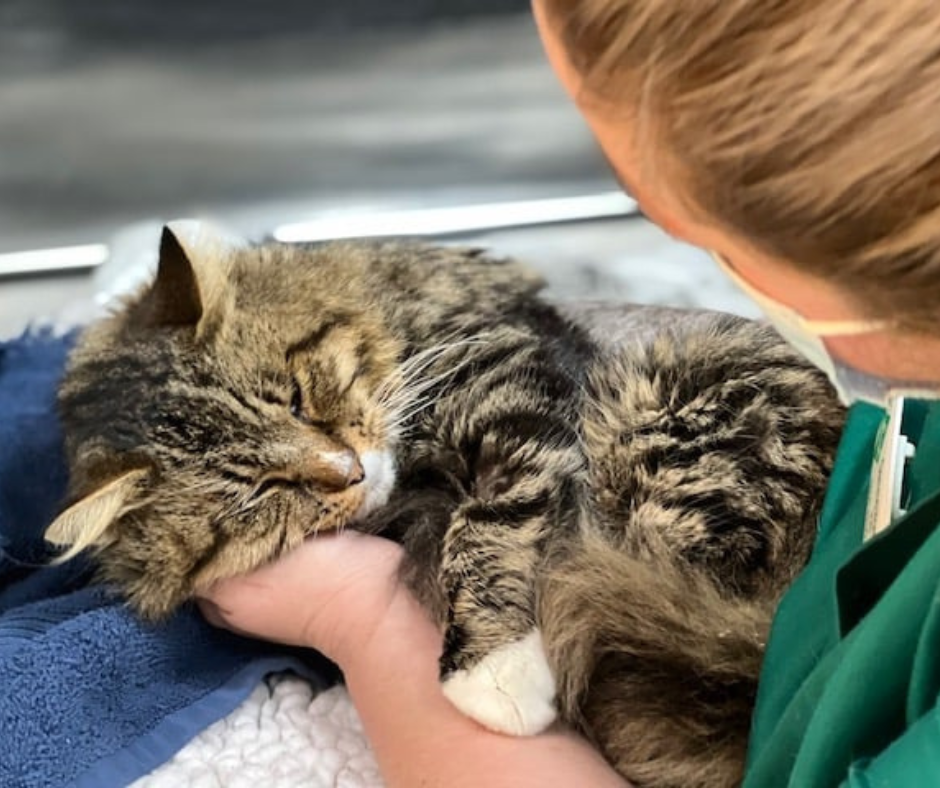What is urethral obstruction in cats?
Urethral obstruction is a serious and potentially life-threatening condition that occurs when the urethra, the tube that carries urine from the bladder to the outside of the body, becomes blocked. Hence, the condition is also termed a cat being blocked. This can cause a build-up of urine in the bladder, leading to pain, discomfort, and other serious complications. Urethral obstruction is more common in male cats due to their longer and narrower urethras. It is also more common in young male cats, overweight cats and cats that stress easily.
Symptoms of urethral obstruction in cats:
Symptoms of urethral obstruction in cats may include:
- Straining to urinate
- Crying or howling while trying to urinate
- Frequent trips to the litter box with little or no urine produced
- Blood in the urine
- Loss of appetite
- Vomiting
- Lethargy
If you notice any of these symptoms in your cat, it is essential to seek veterinary treatment as soon as possible. Left untreated, urethral obstruction can rapidly lead to kidney damage, bladder rupture, and can even be fatal.
What can cause a cat to be blocked?
There are several potential causes of urethral obstruction in cats, including urinary tract infections, bladder sediment or stones, and blockages caused by mucus or spasm. In some cases, the cause of the obstruction may not be clear.
How to treat and prevent urethral obstruction in cats:

Preventing urethral obstruction in cats involves keeping the urinary tract healthy, which may include feeding a specific urinary diet, providing plenty of water, addressing any stress, maintaining optimal weight and perhaps adding supplements. It is also essential to monitor your cat’s behaviour and seek veterinary care if you notice any changes in their urination habits.
In summary, urethral obstruction is a serious condition that can have life-threatening consequences for cats. If you suspect that your cat may be experiencing a urethral obstruction, it is crucial to seek veterinary treatment as soon as possible. By taking steps to prevent this condition and being vigilant about your cat’s health, you can help ensure their long-term well-being.
Suspecting your cat may have urethral obstruction? Call our emergency number:

